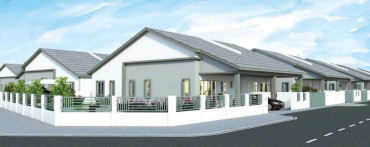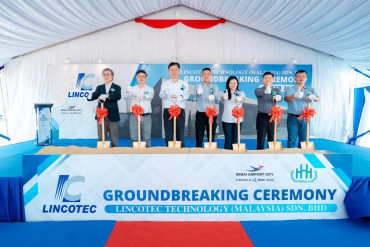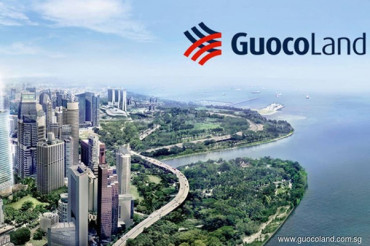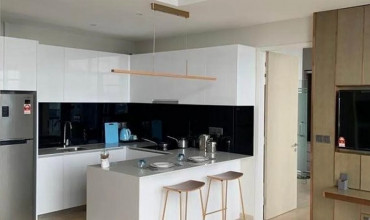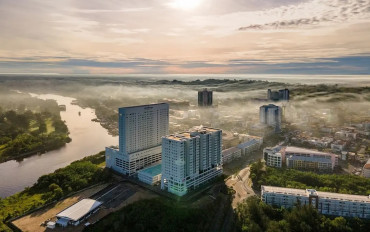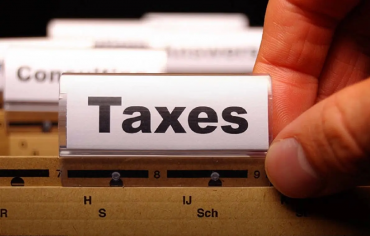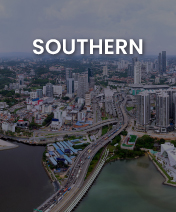ADVERTISEMENT
All Property News
Stay updated with the latest real estate and finance news, including property market trends, housing insights, and valuable information.

Taman Bayan Vista, Bukit Kayu Hitam a freehold family-oriented setting single-storey homes
12 hours ago

Long-awaited Residential Tenancy Act to be tabled this year—minister
12 hours ago

Binastra's data centre job wins could pave way for bigger opportunities—analysts
13 hours ago

IOI Properties may book massive income from premium land sale, analysts say as stock rises
13 hours ago

Lincotec Technology Malaysia breaks ground for facility at Senai Airport City Free Zone
15 hours ago

AME REIT extends record quarterly net property income, declares 2.06 sen distribution
18 hours ago
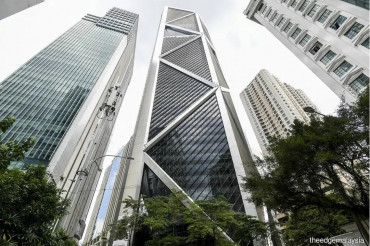
Legally Speaking
Govt seeks to forfeit funds in Ilham Tower, individual accounts linked to Daim case
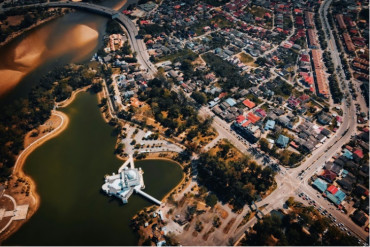
Guide to Homebuying
Find the best location for your home

Legally Speaking
KL High Court rules developer’s ‘contra arrangements’ with landowner invalid in K Residence condo case; Duta Yap’s son held personally liable
Trending narratives
Malaysia's Most
Loved Property App
The only property app you need. More than 200,000 sale/rent listings and daily property news.























